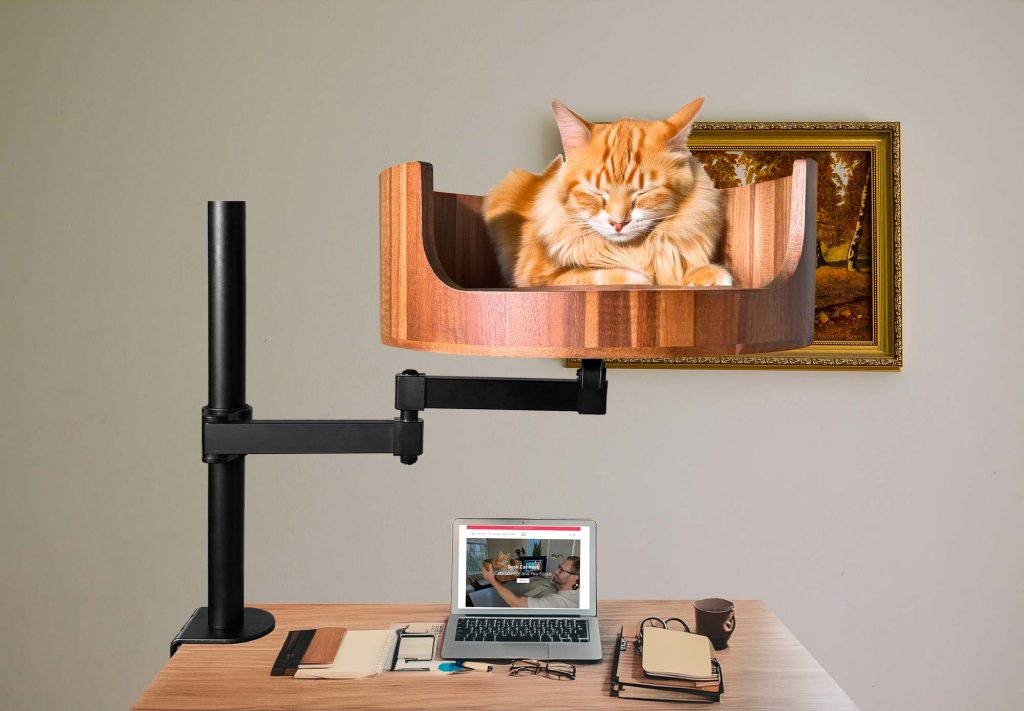It’s a common dilemma that many pet owners face – the baffling behavior of dogs eating their feline companions’ feces. It’s not only gross and unsightly, but it can also be a cause for concern regarding the health and well-being of both pets involved. Understanding why dogs engage in this behavior is crucial in order to address it effectively and ensure the safety of your furry friends.
In this article, we will delve into the reasons behind dogs eating cat poop, also known as coprophagia. We will explore the various factors that may contribute to this behavior, including instinctual behaviors, dietary inadequacies, and underlying health issues. Additionally, we will provide practical tips and strategies for preventing and managing coprophagia in your household. With a better understanding of this behavior and how to address it, you can create a safe and healthy environment for both your dog and cat.
1. It is not uncommon for dogs to eat cat feces, a behavior known as coprophagia, due to various reasons such as scent attraction or nutritional deficiencies.
2. Cat owners can discourage this behavior by keeping litter boxes clean, providing sufficient nutrition, and training dogs to avoid consuming feces.
3. Consult a veterinarian to rule out any underlying health issues causing coprophagia in dogs.
4. Use deterrent sprays or additives to discourage dogs from eating cat feces.
5. Consistent training, positive reinforcement, and supervision can help curb this behavior and ensure a harmonious coexistence between dogs and cats in the household.
Why Dogs Eat Cat Poop
There are several reasons why dogs may exhibit the behavior of eating cat poop. One of the main reasons is that dogs are attracted to the smell and taste of cat feces, which they perceive as a delicacy. This behavior can be instinctual, as dogs are scavengers by nature and may see cat poop as a potential food source. Another reason could be a nutritional deficiency in the dog’s diet, leading them to seek out additional nutrients in the cat’s feces. Additionally, some dogs may engage in this behavior as a form of attention-seeking or due to boredom.
Health Risks Associated with Eating Cat Poop
While it may seem harmless, there are several health risks associated with dogs consuming cat poop. Cat feces may contain parasites such as Toxoplasma gondii, which can be harmful to dogs if ingested. Ingesting cat feces can also lead to gastrointestinal issues such as vomiting, diarrhea, and stomach upset in dogs. Furthermore, repeated consumption of cat feces can increase the risk of bacterial infections and other health problems in dogs.
How to Prevent Dogs from Eating Cat Poop
There are several ways to prevent dogs from eating cat poop. One effective method is to consistently clean up after your cat to remove any temptation for the dog. It is also important to provide an adequate and balanced diet for your dog to prevent any nutritional deficiencies that may lead to coprophagia. Additionally, training your dog to leave cat feces alone and providing alternative forms of mental and physical stimulation can help curb this behavior. If the behavior persists, consulting with a veterinarian or animal behaviorist may be necessary to address any underlying issues.
Frequently Asked Questions
Is the Desk Cat Nest effective in preventing my dog from eating my cat’s poop?
Yes, the Desk Cat Nest provides a safe and elevated space for your cat to do their business, keeping it out of reach from your dog.
How does the Desk Cat Nest work?
The Desk Cat Nest is a raised platform with a concealed litter box underneath. Your cat can easily access the litter box while keeping their feces out of reach from your dog.
Will my cat be comfortable using the Desk Cat Nest?
Yes, many cats prefer using an elevated litter box as it provides them with a sense of security. The Desk Cat Nest is designed to be spacious and comfortable for your furry friend.
Is the Desk Cat Nest easy to clean?
Yes, the Desk Cat Nest is designed for easy cleaning. Simply remove the litter box from the concealed compartment and empty it as needed. The platform can be wiped down with a damp cloth for maintenance.
Will the Desk Cat Nest fit in my living space?
The Desk Cat Nest has a compact design and can fit in most living spaces. It is recommended to measure the dimensions of the area where you plan to place it to ensure a proper fit.
In conclusion, providing your cat with a Desk Cat Bed can help solve the issue of your dog eating your cat’s poop. By giving your cat a dedicated space to rest and relax away from your dog, you can minimize the chances of your dog accessing the litter box. The Desk Cat Bed not only serves as a comfortable and safe haven for your cat but also doubles as a functional piece of furniture for your home. With its elevated design, your cat can enjoy a sense of security while keeping your dog at bay. Invest in a Desk Cat Bed today to create a harmonious living environment for your pets.


